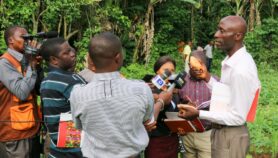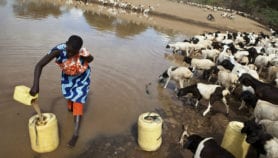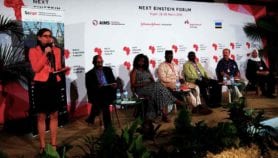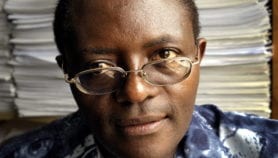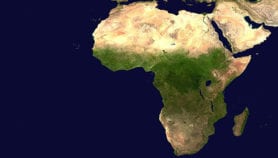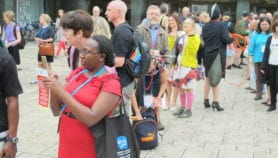Send to a friend
The details you provide on this page will not be used to send unsolicited email, and will not be sold to a 3rd party. See privacy policy.
Science journalists in the developing world lack support and resources, are often untrained, and those on whom they depend for news — scientists and officials — rarely trust them.
Through interviews with journalists in developing countries, Mike Shanahan outlines some of the problems they face, and initiatives that try to help resolve them.
In Africa, local science is rarely publicised because scientists and reporters do not talk to one another.
Similarly in China, media relations are seen as low priority because most science-related policy decisions are made behind closed doors.
Brazilian journalists have problems finding news, since few research centres have press offices to publicise their findings.
To help support and train journalists, the World Federation of Science Journalists is launching a two-year mentoring scheme that will match 60 journalists in Africa and the Middle East with 16 more experienced journalists from their regions or the West.
The scheme will also support journalists’ associations such as Science for Life, which launched in April in Cameroon. It will bring scientists and journalists together through seminars, training sessions and field trips.



